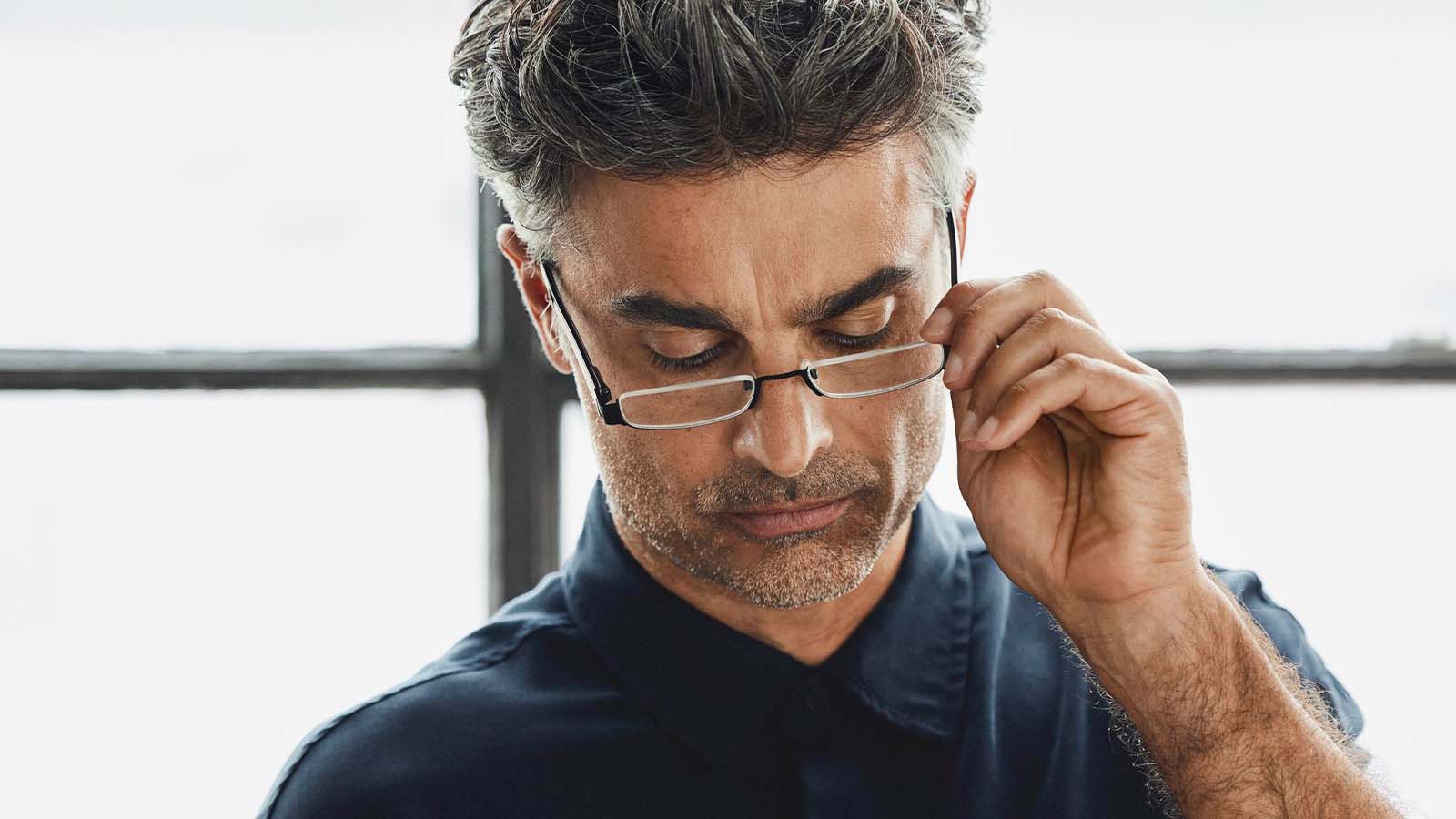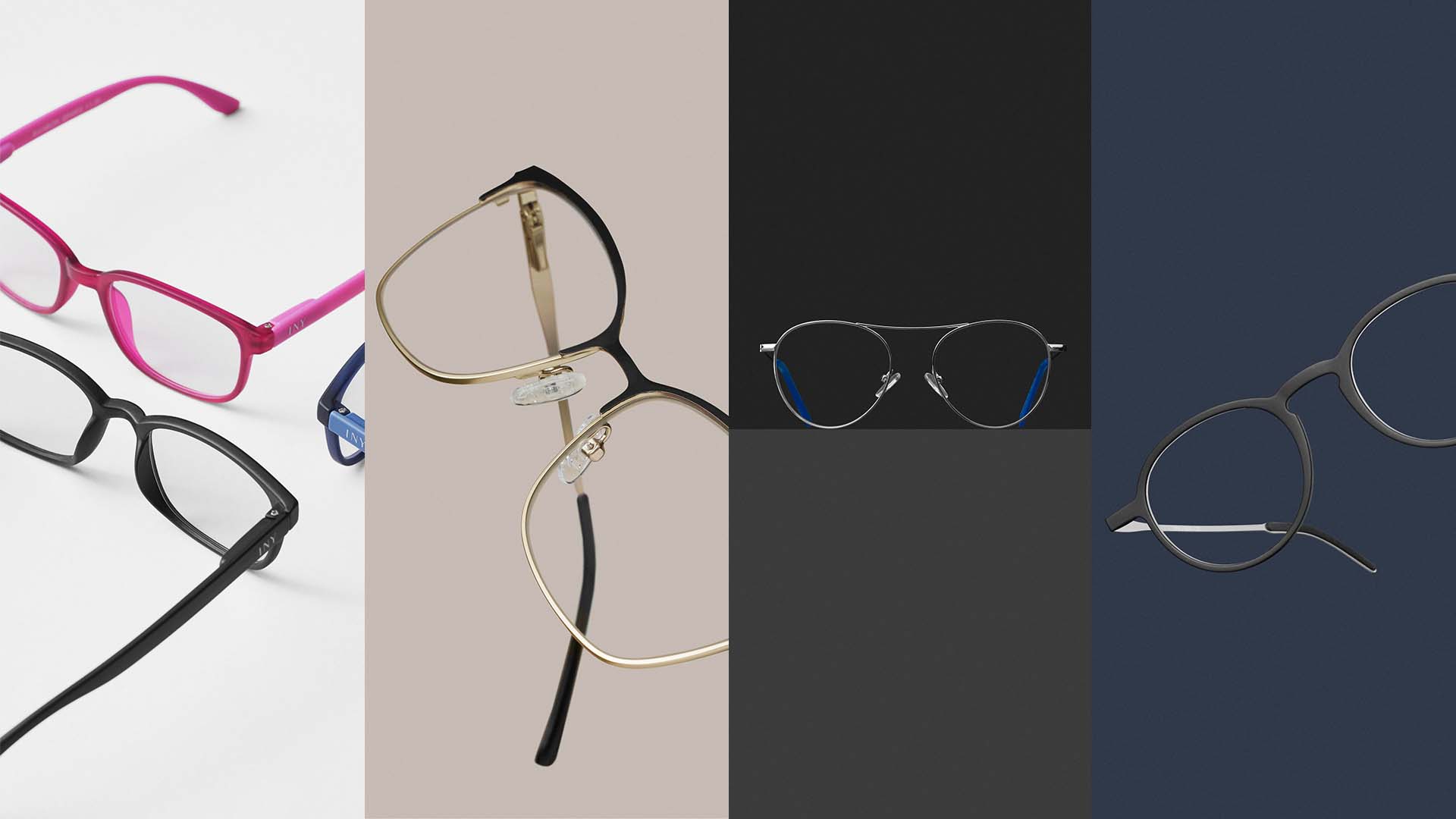
Why a ready reader?
With increasing age, usually between the ages of 40 and 45, the performance (accommodation) of the eye decreases. At some point, the letters become too small when reading - regardless of whether you already wear glasses or have never worn distance glasses before. In technical jargon, this is called "presbyopia". Presbyopia is a gradual process that progresses year by year and affects almost everyone at some point. While you can initially manage with a low correction power of around +1.00 diopters, the accommodation power steadily decreases so that reading glasses with +2.5 to +3.0 diopters are often necessary from the age of 60.
The lens of the eye loses elasticity with age, making it increasingly difficult to adjust to different distances. This results in blurred letters and numbers when trying to read books, newspapers, recipes or city maps at close range. This can be remedied by having your visual acuity determined (refraction) by an ophthalmologist or optician in order to correctly compensate for the visual impairment.
Further tips for your reading glasses:
Do not place the glasses directly on the lenses, but rather folded up on the temples.
To avoid the inconvenience of searching for your reading glasses, we recommend that you always keep them in the same place. They can be found there quickly at any time. Under no circumstances should they be placed on chairs or sofas.
You should also store your glasses in a suitable glasses case when they are not in use for long periods, such as at night when sleeping. Especially if you have small children or pets who could mistake the frames for toys.
Please do not expose your glasses to high temperatures. Neither in summer nor in winter should your glasses be exposed to direct sunlight. This applies in particular to the dashboard in the car, where extreme temperatures can occur. Similarly, glasses should not be left on a radiator or even taken into a sauna




